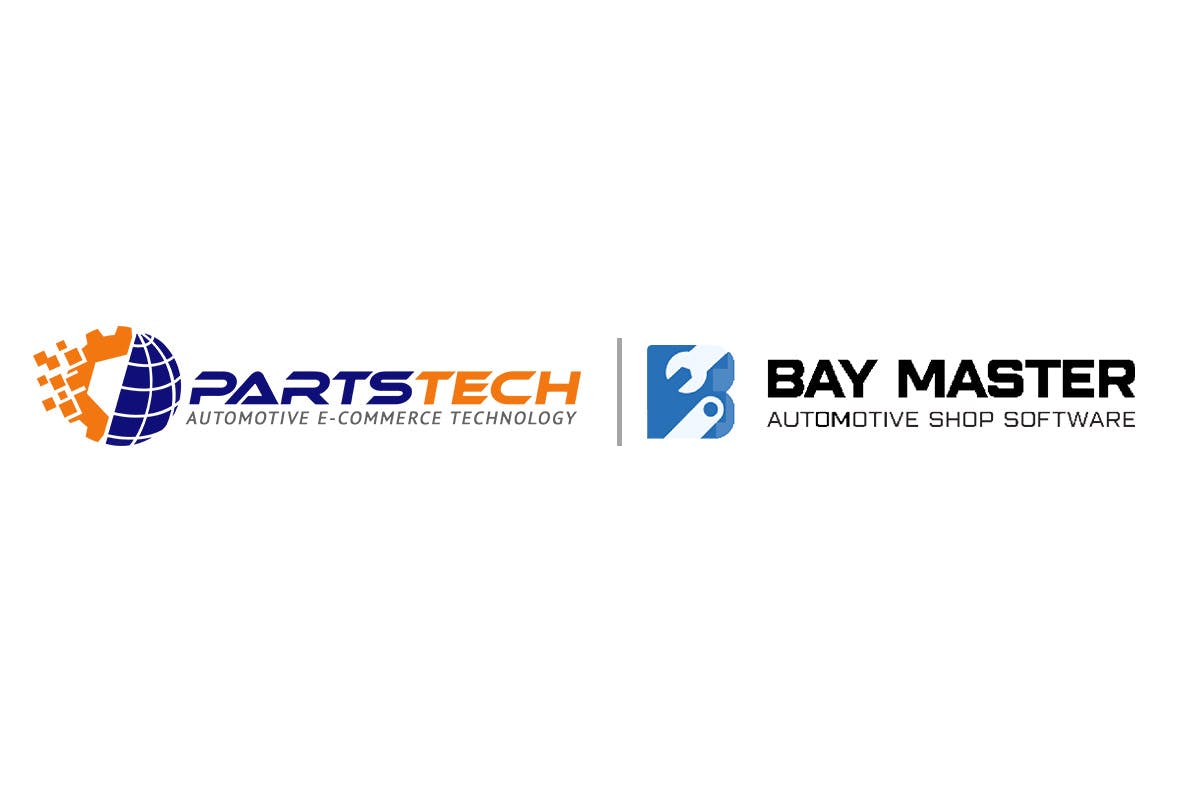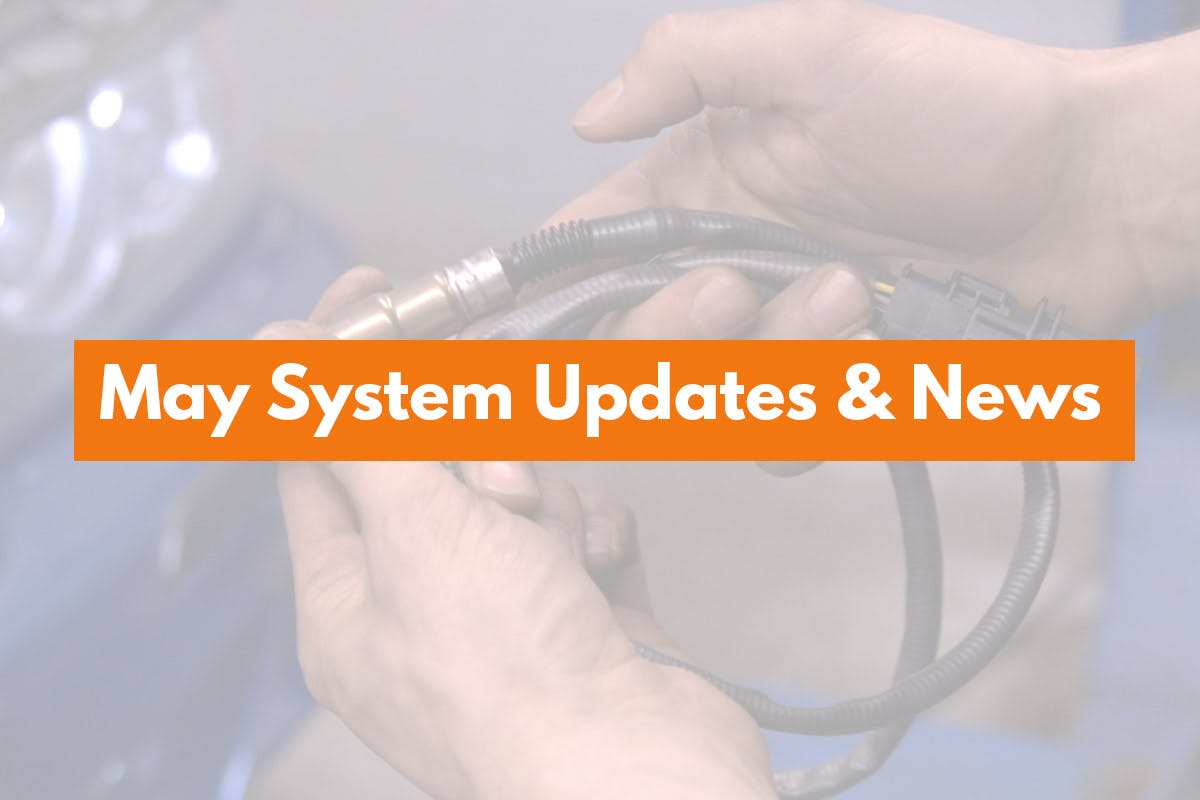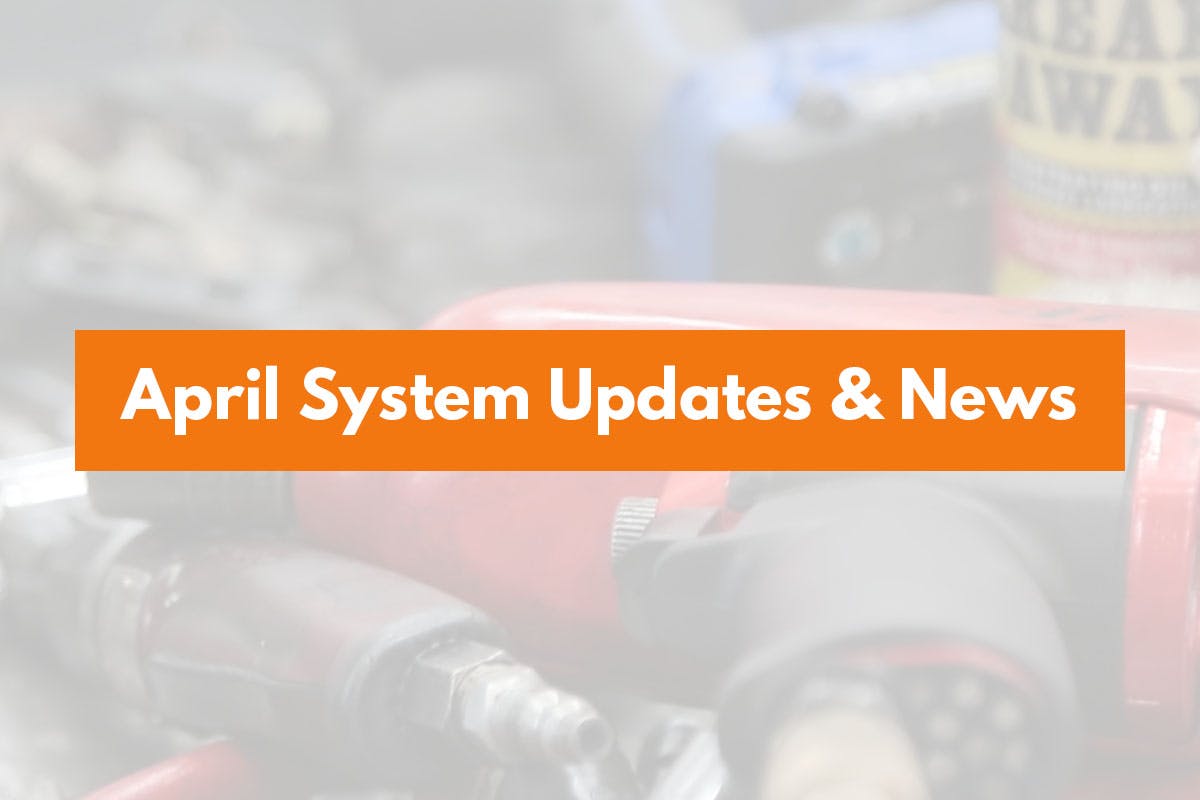
PERSONAL RELATIONSHIPS / E-COMMERCE
Click here for part 2
Erik: When it comes to the relationship between driver and garage, is that important?
Ryan: You know, for anybody else…, for us, just having people here for long enough period of time that they get to know what we do and how we do it. You know, Having new people all the time, turn over just really kills it. You know, some garages are real friendly and some aren’t. Some drivers are real friendly and some aren’t. So I don’t think it’s really important, but it is definitely a benefit. I mean, I have a driver that’s been driving for us for over 20 years, he knows a lot of people, he’s very friendly, very nice. And you know – he actually used to do some of our long routes – when he was taken off those routes, yeah, customers missed him, but we didn’t lose any business over it.
Erik: Yeah, right, yeah there are guys that, you know, you hear garages all the time, that swear that you know there’s a relationship that’s so important between maybe not the driver, but certainly the sales guy – and the garage.
Ryan: It’s very much a relationship business. We have a call center out there, and you wouldn’t believe how many times we hear “I want to talk to Craig,” “I want to talk to Tom,” “I want to talk to Matt.” And so you hear these guys, you know, the phone calls come in, they have direct lines. It is really important. Guy’s really get used to talking to these folks, I mean they talk to them every day. So they really develop relationships. And what’s really funny is when they talk to somebody for that long, and they never met, and they finally meet and they always say “You don’t look anything like I thought you would.” And they’ve been talking to the guy for 5, 10, 15 years, and they never met. So we have a cookout or something, and it’s kinda funny how those relationships are formed.”
Erik: So how does online sales change the relationship between sales guy and the garage?
Ryan: Well, our counter guys don’t like it, you know, they don’t like the online sales but they understand it’s necessary. It’s part of the business now. We kinda fought off on it because our sales guys are commission paid and they’ve been doing this along time. And they have good relationships. So we have certain customers that will look up the part online and then they’ll call the guys with the number. Because it is easier for them to look up stuff online. But they do need, they need our counter guys because of all the different catalogs that they have to look up parts in, and all the data’s just not in one place. So, shops just can’t look up everything themselves.
Erik: Why is that? Because of the Shop management system they’re using?
Ryan: It’s the catalog providers. And it’s the manufacturers’ data. I mean they’re coming out with new parts all the time and they aren’t always uploaded properly, they call them different things. So it’s really hard for people to find things. You’d think, “oh, a technician. They’re gonna get it,” but they’re not parts guys. And the parts guys get familiar then with the lines and the quirks with each line. This manufacturer calls it this, and this manufacturer calls it that. After they’ve been burned by it a couple of times, that’s how they end up learning it.
Erik: So, do you have any garages that do all of their ordering online?
Ryan: Yeah. And we have garages now that that’s all they want to do and they won’t call.
Erik: So those guys are able to find the parts online? So help me understand that. So the guys that rely on the counterman, they need help surfing across multiple catalogs. And then you have a subset of customers that are doing it all on their own. How do you square that? What’s happening there?
Ryan: Well, I think that the guys that won’t call, they have to at some point for certain things that they can’t find. But most things are in there, but not everything. We have so many product lines, it’s hard to navigate that some time. Like I was showing you, the list of parts is huge. And if you put it to general search terms, there are just too many results to really sift through.
ONLINE BUSINESS / MARGINS / PRICE COMPARISON
Erik: How much of your business are you doing online?
Ryan: Right now, 25%.
Erik: And you guys have been growing that pretty steadily, year over year right?
Ryan: Yeah, it’s kind of plateaued at about 25% though. It started at about 4 or 5%. We’ve had online availability for customers since the 56k modem. So, the old Telepart – and it was like a dumb terminal at the guys shop, the old green screen stuff. And they could dial in and check pricing and availability. So, we’ve had guys that are accustomed to this for a long time, and as it’s developed with all the high speed internet and all that, we’ve got more and more people to go to it. You’d be surprised how many shops we actually helped get a high speed internet line, or we bought a computer for, to help them along their way.
Erik: So those days are behind us though, right? The days of walking into a shop and not finding high speed internet connection…? It’s gotta be like 95%.
Ryan: Oh, it’s definitely most of them. Yeah.
Erik: When you see orders coming in online vs over the phone, is there a margin difference? Is one ordering method more profitable to you?
Ryan: Yeah. Well, they can’t adjust the prices when they order online. When you’re talking to a counterman, you can beat him up a little. So we do see that we carry about a point and a half better margin with online sales versus the counter guys.
Erik:– So just so I understand, when a garage calls and they might say “hey, so and so has it for this amount,” your counter guys work with them on price.
Ryan: Yeah, and some people, especially certain markets are more adept at it than others. We have a couple stores in areas where it’s a price shopping market, and that’s what it’s about. Those guys don’t really like online because they can’t haggle.
Erik: Is it always about price for your business?
Ryan: No, gosh no. Mostly about service. If it was all about price, I don’t think we’d make it. There’s always somebody who’s cheaper.
Erik: – So what else do you compete on? Service?
Ryan: Service. And with service, we’re not just talking delivery service. We’re talking about the counter guys. They do provide a service for the shops, they are taking a problem off of their plate. They also have to deal with returns. How do we deal with those? Do you have a good return policy? There’s a lot of things that go to the service end of it. Delivery time, I think that’s one of the number one things. We try to have a good product mix for our customers. So we really go through, sift through and blend product lines to give the customer the best option of parts for their vehicle. You can’t really line buy any more. If you buy a whole line, and you’re kinda stuck with it. Well, like Standard – we piece that together with a lot of OEM brands and that’s what really helps us differentiate ourselves from the box stores and other local distributors.
Erik: So much of that is hard to convey online, right? When you log in to PartsTech, or if you log in to Nexpart, you basically TBA, the location and the price. So somehow, these guys still understand your other value propositions.
Ryan: We have outside sales people. And that’s still how we go to market. We have feet on the street and they’re out there calling customers every day. So even though guys like to do stuff online with us, they have a rep that comes in and goes over our programs, our promotions, and helps sell the philosophy of your company. We tell our sales guys, “you’re out there selling TBA. We all have auto parts, it’s all the same stuff.”
Erik: Does the availability of online ordering put more pressure on price for you guys? I mean, versus the days of the telephone. Is there more pressure on price than there used to be?
Ryan: I’m not sure it puts more pressure on price, but, there’s always been that aspect. It seems that, really, you gotta have it to sell it. And you need to be able to get it to them in a reasonable amount of time. I think service time has gotten to be more important than anything because of bay time and having a bay tied up. If they can crank cars in and out of bays, they’re making money. Shops that understand that versus “oh, I can buy this brake pad for $2 cheaper” and it takes an extra half hour to get it. Or they’re buying parts that have higher warranty rates and they are redoing the job again. So there’s all different levels out there of shops and shop owners, and we deal with all of them.
Erik: Can you make the correlation between shops that are more successful and how they buy?
Ryan: Yeah, I think the most successful shops we deal with, they do buy the premium parts that carry the lower warranty rate, they don’t haggle over price, the definitely do shop deals, but they’re not going to shop individual parts. They make sure that you’re treated fair, that they feel like they’re treated fair and that they get what they need. You know, if they’re in a jam, and they do good business with us, we’re going to help them out. That’s one thing that helps us retain those shops. We’re after repeat business. We don’t do retail, we’re all wholesale. So we’re looking at the lifetime value of a customer versus just the, you know, getting the sale.
Erik: So all that great stuff shines through. Even if the garage is coming to you online. They are still thinking about the last great return experience they had with you, they’re thinking about the relationship with the sales guy. All that stuff still comes through. You don’t see online ordering changing that?
Ryan: It’s going to change it a little bit. It takes some of the personality aspect away. When it was all telephone, they had to talk to our guys and they knew them a lot better. And we still see a good mix of that. Guys that do a higher percentage of online ordering still call. There’s still times they can’t find it online – shop supply items, non-application parts – so they have to call for all that stuff anyway.
Erik: It probably changes the dynamic of the conversation, right? You’re not waiting on hold to get to somebody to find out what part fits the vehicle. With online ordering, you probably already know what part fits the vehicle. Maybe you just want to confirm that you guys saw the order come in and you’re going to get it to me in 30 minutes. It probably changes the conversation that counter people are having with the shop.
Ryan: It does, I think also we get questions because we have multiple delivery areas and multiple stores. “Hey, How long is it going to take to get that if I gotta get it from that store.” We get calls saying “I ordered my parts, where are they?” People are kinda impatient, especially technicians when they have 3 jobs to do and the first one is tying up their bay, that’s where the delivery time comes into play.
Click here for part 2



